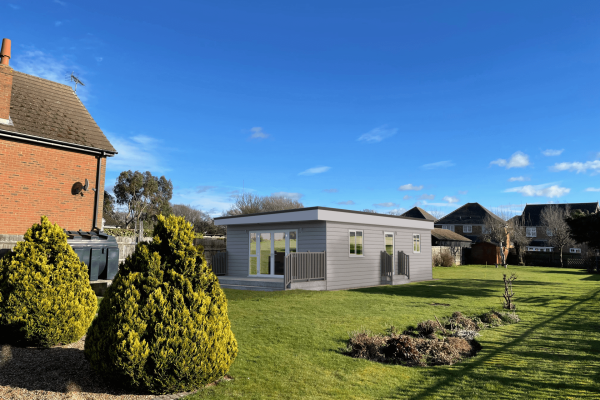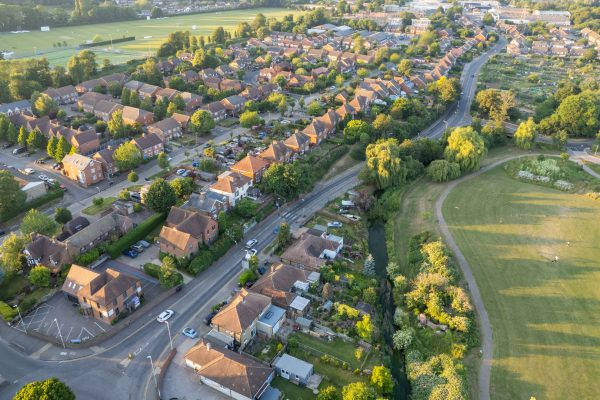Many people find the planning approval process at best complicated and, at worst, downright perplexing. And it’s hardly surprising, given its bewildering array of technical jargon and legal niceties. One of the most commonly misunderstood aspects is the difference between an incidental dwelling and ancillary dwelling. So, as specialists in the subject of planning permission, we at NAPC thought we’d shine a light on this chestnut and clear up the confusion.
There is much confusion over what constitutes incidental and what is ancillary development, so hopefully we can provide some clarity on this thorny subject.
Garden buildings and annexes have never been so popular as they are today, and many householders and providers struggle to differentiate between incidental development (something that is required by Class E Permitted Development Rights) and ancillary (something that requires planning permission).
This confusion has led to far too many homeowners being misadvised and, subsequently, to a rise in enforcement cases.
Let’s firstly look at incidental development.
Schedule 2 Part 1 Class E of the General Permitted Development Order (GPDO) allows a homeowner to construct an outbuilding within their curtilage without the need for planning permission. Along with a number of conditions that must be complied with (such as height and footprint) is one which controls the use of the site, which specifies:
“Any building or enclosure, swimming or other pool required for a purpose incidental to the enjoyment of the dwelling house.”
The critical word within the legalisation is ‘incidental’, but what does this mean?
Permitted development rights for Householders Technical Guidance 2019 provides some guidance:
“Examples could include common buildings such as garden sheds, other storage buildings, garages, and garden decking as long as they can be properly be described as having a purpose incidental to the enjoyment of the house.
A purpose incidental to a house would not, however, cover normal residential uses, such as separate self-contained accommodation or the use of an outbuilding for primary living accommodation such as a bedroom, bathroom, or kitchen”.
One dictionary definition describes ‘incidental’ as a by-product of primary function.
Therefore, an incidental use is one that is a result of the primary use of the planning unit, such as in residential terms (not exhaustive):
- Garage
- Storage
- Home Office
- Gym
- Art Studio
- Pool House
- Hobby Room
- Cinema Room
There may be instances where you can include a toilet or shower room within your outbuilding and it may still be considered incidental. An example would be a shower room in your home gym or toilet in your garden office, as this provision is ancillary as long as it remains subordinate to the incidental use of the outbuilding
Now let’s consider ‘ancillary’ development.
The Permitted development rights for Householders Technical Guidance 2019 makes it clear what incidental is not: primary living accommodation such as a bedroom, bathroom and kitchen.
Therefore, ancillary is everything you can do in a normal house, such as eating, sleeping, taking a shower, watching television, etc.
An outbuilding such as a granny annexe that contains primary facilities – for example a bedroom, bathroom and a kitchen – does not benefit from Class E Permitted Development rights and would require planning permission
If you are unsure whether or not your outbuilding would require planning permission, it’s always best to speak with an expert to make sure. At NAPC we’re the UK specialists in all aspects of obtaining planning permission for garden buildings, so simply get in contact to see how we may best assist you.


